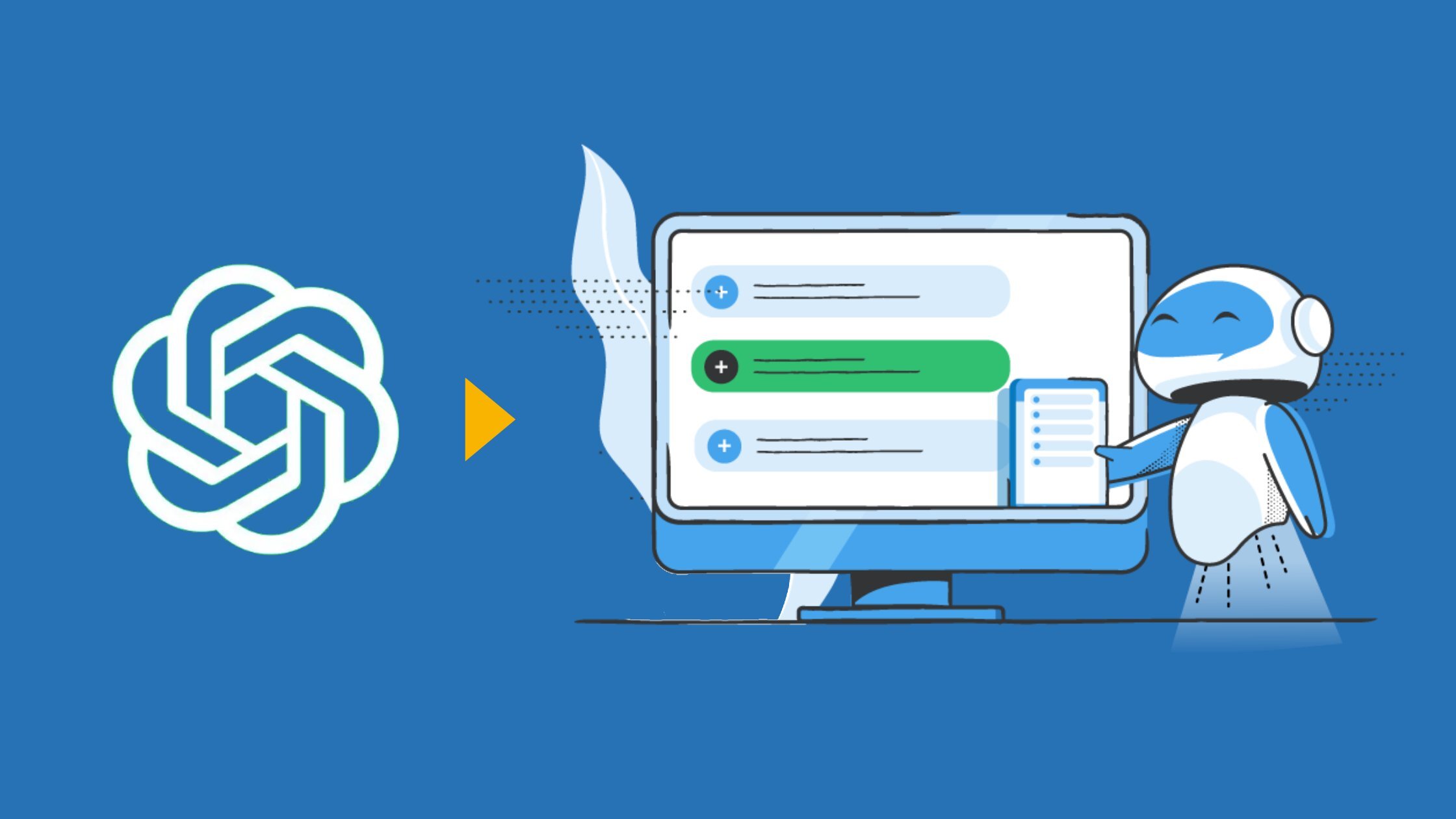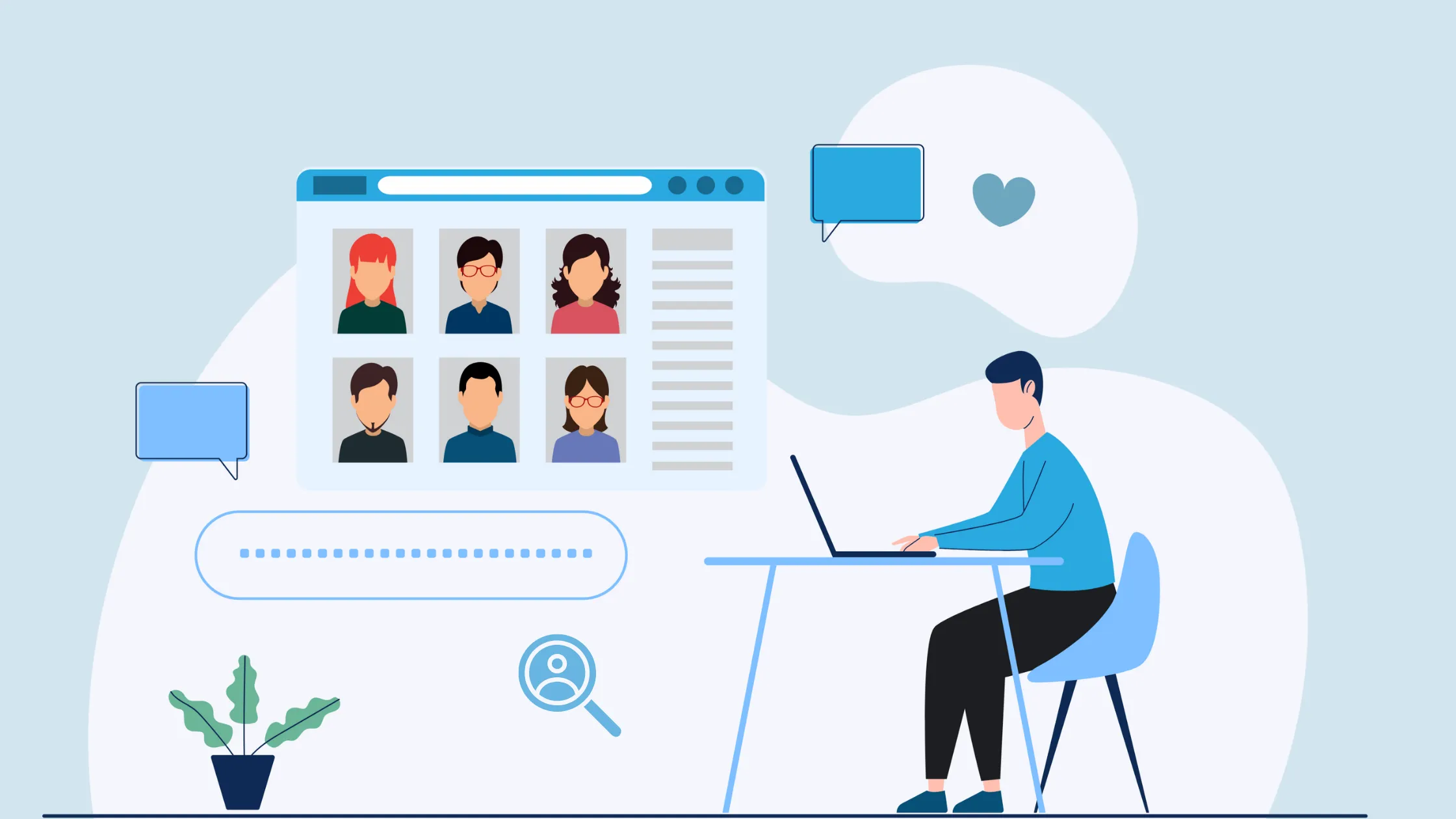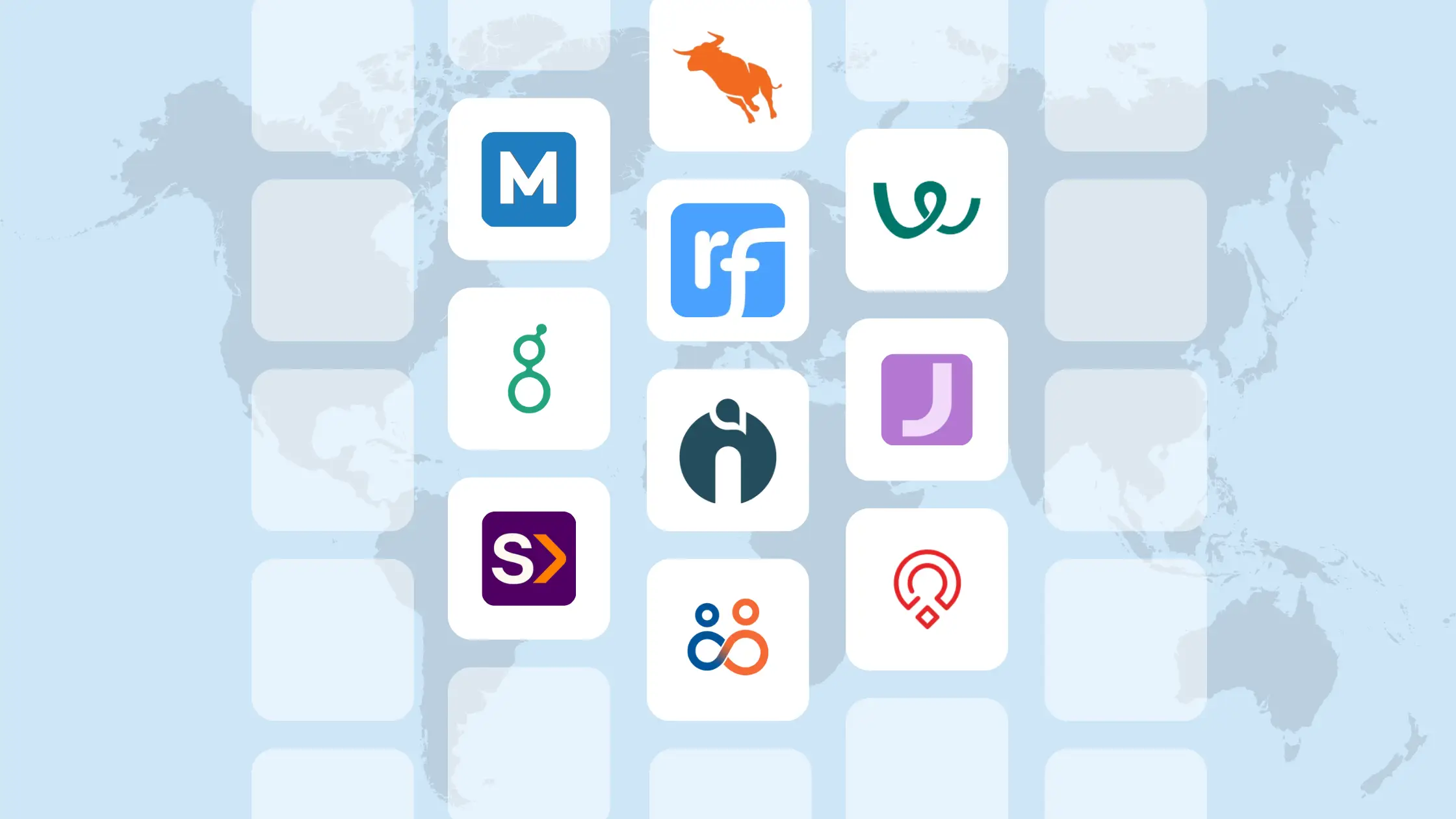We have been using GPT in every task of our lives, from generating food recipes to automating business tasks, right? It's evolving at a very fast pace- we have seen it grow like crazy in just a few months. It evolves from a small lizard to a big dinosaur. Every single industry and profession uses it, so why not you? It's understandable that our role requires 70-80% human touch, but 20 -30% you can by using Chat GPT.
So, how exactly can you use ChatGPT in Recruitment? This blog is here to guide you through the magical ways this tool can streamline your recruitment efforts. Whether it’s automating resume screening or drafting personalised outreach emails, ChatGPT can handle the repetitive tasks, allowing you to focus on what truly matters—finding the best talent.
Let’s dive in and see how ChatGPT can transform your recruitment process, saving time and reducing manual workload while you sit back and focus on building relationships with the right candidates.
Let's dive into it and learn what this genie can do for you.
1. Using ChatGPT for Planning & Understanding Hiring Requirements
Prompt for Job Description Creation
Prompt: "ChatGPT, Create a detailed job description for a [Job Title]. Include a brief overview of key responsibilities, essential qualifications, and skills needed. Highlight company culture and perks to attract the right candidates."
ChatGPT can generate comprehensive job descriptions for various open roles by understanding the job requirements you provide. This helps in quickly creating clear, concise, and professional job descriptions.
Job Advertisement Customisation
Prompt: "ChatGPT, Customise the following job advertisement to appeal to [Job Title] by highlighting the cutting-edge technology projects they'll work on. Emphasise opportunities for innovation, leadership, and the impact they can make within a dynamic, forward-thinking team. Use a tone that resonates with experienced professionals who are driven by challenge and creativity."
ChatGPT can modify job advertisements based on the target audience's preferences, making the ads more compelling and tailored for a specific group of candidates.
Alternative Job Titles
Prompt: "ChatGPT, suggest alternative job titles for a [Job Title] that are SEO-friendly and might attract a broader applicant pool."
By suggesting alternative titles, ChatGPT helps improve the visibility of job postings and optimises them for search engines, helping attract more candidates.
2. Sourcing Candidates
Outreach Emails to Applicants
Prompt: "ChatGPT, draft an outreach email to a candidate for a [Job Title] role, keeping the tone professional and inviting."
ChatGPT can automate the process of creating personalised and engaging outreach emails to candidates, helping recruiters maintain a consistent and professional tone.
Boolean String Generation
Prompt: "ChatGPT generates a Boolean search string for LinkedIn to find candidates with [skillset/role] experience who live in [location]."
Boolean strings are vital for narrowing down candidate searches on platforms like LinkedIn. ChatGPT can assist in constructing Boolean queries to target the right candidates effectively.
3. Screening and Shortlisting Candidates
Resume Screening
Prompt: "ChatGPT, review this resume and identify the key skills, experience, and any potential red flags."
ChatGPT can screen resumes to extract relevant skills and qualifications, summarising important details to help recruiters quickly assess the suitability of candidates. ChatGPT can also suggest relevant keywords and phrases that can help identify the most suitable candidates for the role and make the resume screening process more efficient.
Candidate Profile Summarisation
Prompt: "ChatGPT, summarise this candidate profile, highlighting the most relevant skills and experience for a [Job Title] role."
This prompt helps generate a brief summary of a candidate's profile, making it easier for recruiters to review a large volume of applications efficiently.
Candidate Assessment Against Open Jobs
Prompt: "ChatGPT, assess this candidate against the following job description and tell me how well they match the required skills and experience."
ChatGPT can help evaluate whether a candidate's profile matches the job requirements. However, it's important to note that ChatGPT cannot assess cultural fit or soft skills, which are crucial in evaluating overall suitability.
4. Interview Process
Crafting Interview Question Banks
Prompt: "ChatGPT, create a list of interview questions for a [Job role], covering technical, behavioural, and situational aspects."
This prompt enables ChatGPT to generate interview questions that are role-specific and comprehensive, ensuring that all relevant aspects of a candidate's abilities are covered. This can save time and effort for recruiters in creating and screening interview questions and provide consistent and standardised language across different interviews.
Interview Evaluation
Prompt: "ChatGPT, summarise and analyse this interview transcript to highlight the strengths and weaknesses of the candidate against the given Job Description."
When provided with an interview transcript, ChatGPT can analyse responses, but it cannot assess non-verbal cues (e.g., body language, tone of voice), which remain essential during interviews. However, at the initial level, it helps you evaluate candidates.
5. Candidate Engagement and Offer Management
Providing Answers to Candidates' Questions
ChatGPT can act as an AI-driven chatbot to respond to frequently asked questions from candidates, improving engagement and providing a smooth candidate experience. By integrating ChatGPT with recruitment platforms and customising it with company-specific benefits information, businesses can provide automated, contextually relevant answers to candidates' questions.
Offer Letter Creation
Prompt: "ChatGPT, Create a professional job offer letter for a [Job Role]. Include key details such as the offered salary, a summary of the benefits package, and the proposed start date. The tone should be formal, welcoming, and clear, ensuring that the candidate fully understands the terms of the offer."
This can help automate the creation of offer letters, ensuring consistency in communication with all candidates.
6. Onboarding
Drafting Welcome Emails
Prompt: "ChatGPT, draft a welcome email for a new hire starting in the [Department name], including key information about their first day and the onboarding schedule."
ChatGPT can craft personalised welcome emails for new hires, making them feel valued and well-informed from day one. This approach helps build a strong first impression and encourages early engagement in their new role.
Creating FAQs and Onboarding Chatbots
Prompt: "ChatGPT, Create a detailed FAQ document for new hires that covers common onboarding questions about company policies, benefits, daily procedures, and team expectations. The FAQs should be concise, clear, and friendly to be used effectively in a chatbot for seamless and instant support."
During the onboarding process, new hires often have many questions. You can use GPT to generate an FAQ document that addresses common queries about the company, benefits, procedures, and more.
This FAQ can be incorporated into an onboarding chatbot that provides instant responses, enhancing the onboarding experience by offering quick support and reducing HR's workload.
7. Additional Use Cases for ChatGPT in Recruitment
Providing Insights into Hiring Trends
Prompt: "ChatGPT, what are the key hiring trends in the [Industry] sector for 2025?"
ChatGPT can provide insights into current and future hiring trends, helping recruitment teams stay ahead of industry shifts.
Data-Driven Recruitment Decisions
Prompt: "ChatGPT, analyse this hiring data to provide insights on time-to-hire, cost-per-hire, and applicant quality."
ChatGPT can process large datasets to offer meaningful insights and trends, aiding in better decision-making based on recruitment metrics.
Limitations of ChatGPT in Recruitment
While ChatGPT can automate many aspects of the recruitment process, there are key areas where it is limited:
- Cultural Fit and Soft Skills: ChatGPT cannot evaluate how well a candidate fits within a company's culture or assess important soft skills such as leadership and emotional intelligence.
- Complex Decision-Making: The AI is not equipped for complex decision-making that involves intuition, empathy, or understanding subtle interpersonal dynamics.
- Interview Dynamics: Although it can analyse transcripts, ChatGPT cannot evaluate non-verbal communication or interview nuances, which play a key role in assessment.
Alternatives to ChatGPT: Gemini and Other Tools
If you don't have access to ChatGPT, several alternatives offer similar functionalities:
- Google Gemini: A competitor to ChatGPT, Gemini focuses on enhancing Google's AI-driven tools and can assist with recruitment-related tasks, such as job description writing and search query creation.
- Bing Chat and Jasper AI: These tools can also automate many aspects of recruitment, particularly in content creation and candidate outreach.
- Chat Mistral: Similar to ChatGPT, Chat Mistral is another AI tool designed to support various aspects of business operations, including recruitment. It excels in handling conversational tasks, providing customer support, and generating creative content, making it a versatile tool for HR professionals.
Conclusion: ChatGPT's Impact on Recruitment
So, as you have seen above, ChatGPT is making some serious waves in the recruitment world. It's helping you save time by screening resumes and conducting initial interviews. This means recruiters can focus more on the human side of their job, like building relationships and making those final hiring decisions.
But let's not forget that ChatGPT isn't perfect.
It still has its limitations and might not always get things right. That's why you need to use it as a tool to help them, not replace them. After all, hiring is about more than just skills and qualifications – it's about finding the right fit for a team, and that's something only a human can do.
Looking ahead, it's clear that AI, like ChatGPT, will be a big part of recruitment in the future. But it's how we use it that matters. If we let it do the heavy lifting while focusing on the human touch, we might find that hiring becomes smarter, faster, and even more enjoyable.
So, recruiters, don't be afraid of the AI revolution. Embrace it, and let's see how we can make recruitment better together!










